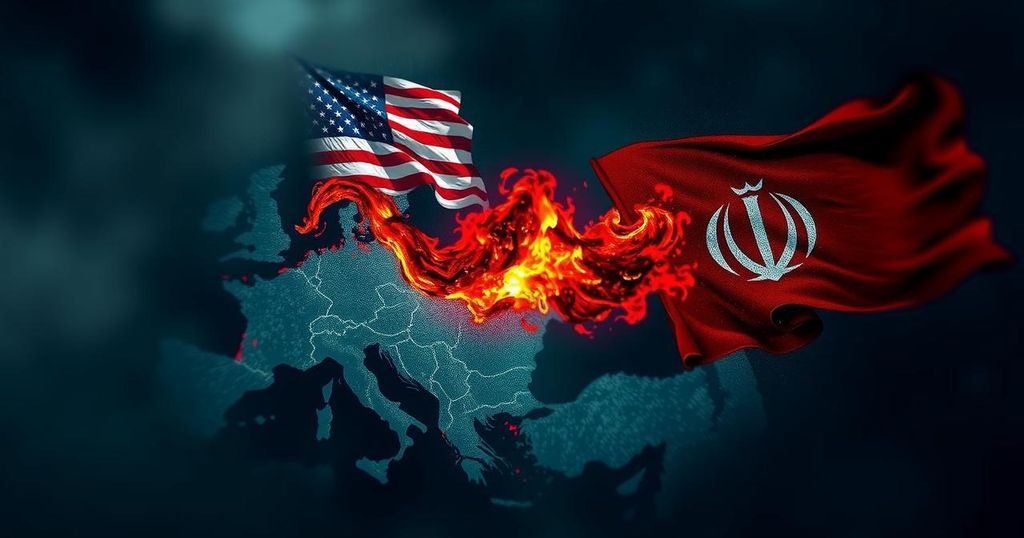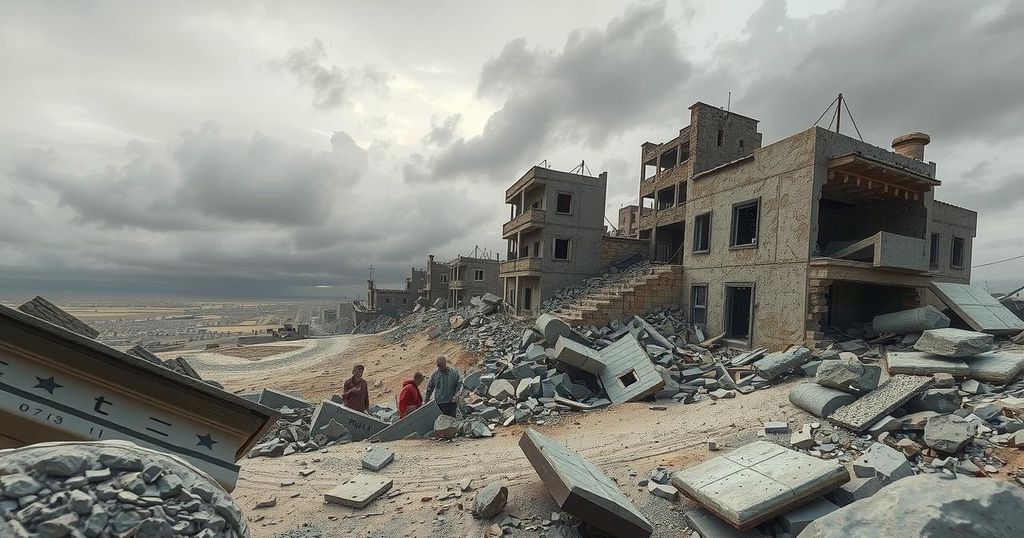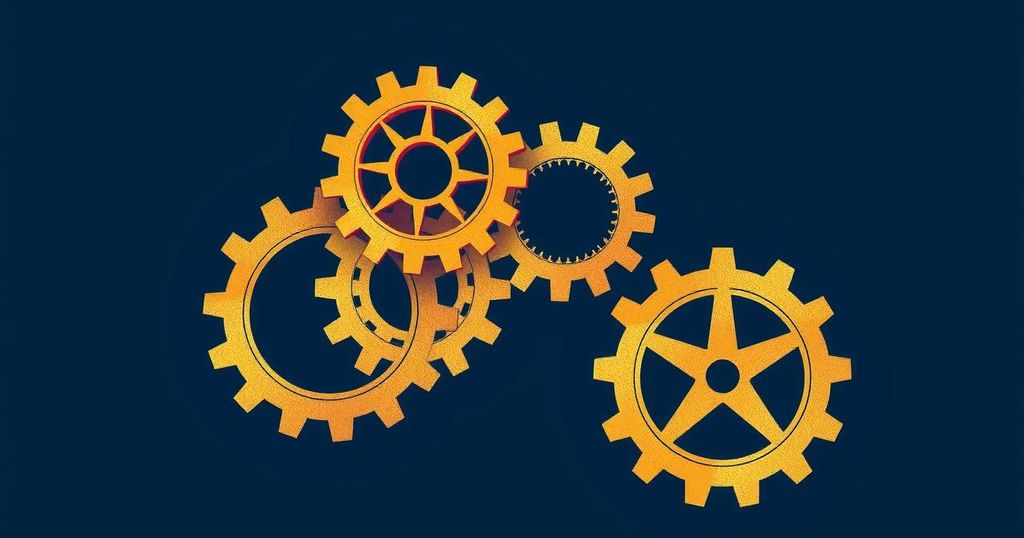Middle East Crisis Escalates: Rocket Attacks, Strikes, and Humanitarian Concerns
Recent developments in the Middle East highlight a severe escalation in violence alongside harsh humanitarian challenges. Iraqi pro-Iranian groups launched drone attacks on Israel’s Eilat, leading to Israeli airstrikes that killed numerous individuals in Lebanon and Gaza. Iranian Supreme Leader Ayatollah Ali Khamenei threatened retaliatory actions against Israel and the United States, framing these as direct consequences of recent attacks. Meanwhile, the Israeli parliament’s decision to ban UNRWA could have dire implications for millions of Palestinians reliant on its services, intensifying the already dire humanitarian situation in the region.
The ongoing crisis in the Middle East has escalated dramatically, marked by a series of violent incidents and heightened rhetoric among regional powers. Iraqi pro-Iranian factions have claimed responsibility for drone attacks targeting Israel’s Eilat, while Israeli airstrikes in Lebanon and Gaza have resulted in significant casualties. Recent attacks have seen at least 52 individuals killed and many more injured, all while Iranian leadership has threatened a “crushing response” to perceived aggressions from Israel and the United States. Shuafat refugee camp in East Jerusalem faces deteriorating humanitarian conditions due to escalating conflict, compounded by a recent decision from the Israeli parliament to effectively ban the United Nations Relief and Works Agency for Palestine Refugees (UNRWA) from operating in Israel. This legislative move jeopardizes essential services provided to millions of Palestinians amidst rising tensions. Dr. Maya Rosenfeld, a researcher at the Hebrew University of Jerusalem, emphasized the unprecedented scale of dependency on UNRWA’s services, highlighting the absence of viable alternatives for the affected population. Meanwhile, Iranian Supreme Leader Ayatollah Ali Khamenei warned that both Israel and the United States would encounter severe repercussions should their attacks towards Iran and its allies continue. Khamenei’s statements come in the wake of Israeli strikes that have exacerbated the existing crisis, particularly in the northern Gaza Strip, where UN officials describe conditions as “apocalyptic.” In summary, the conflict in the Middle East remains precarious, with potential for further regional escalation as external diplomatic efforts, notably from the United States, struggle to gain traction amid a landscape of renewed violence and assertions of military power. The situation calls for immediate attention to avoid a deepening humanitarian catastrophe.
The Middle East crisis is characterized by a complex interplay of military actions, humanitarian challenges, and political tensions among regional and global powers. The ongoing violence, particularly in Israel, Gaza, and Lebanon, highlights the deteriorating conditions for civilians caught in the conflict. The UNRWA’s role has historically been pivotal in providing essential services to Palestinian refugees, but the recent legislative actions by Israel pose substantial risks to their operations. Concurrently, heightened threats from Iran suggest a potential broadening of the conflict, with international implications, especially as the US navigates these tensions in the context of its upcoming presidential election. Iranian threats are indicative of a broader pattern of retaliatory rhetoric that exacerbates the regional instability.
The crisis in the Middle East is at a critical juncture, defined by escalating violence and deteriorating humanitarian conditions. Legislative moves against UNRWA, Iranian threats, and ongoing military actions against both sides contribute to a complex crisis that demands urgent international intervention and dialogue to prevent further escalation. A comprehensive response is required to address the humanitarian needs and to facilitate a pathway towards peace and stability in the region.
Original Source: www.theguardian.com




Post Comment